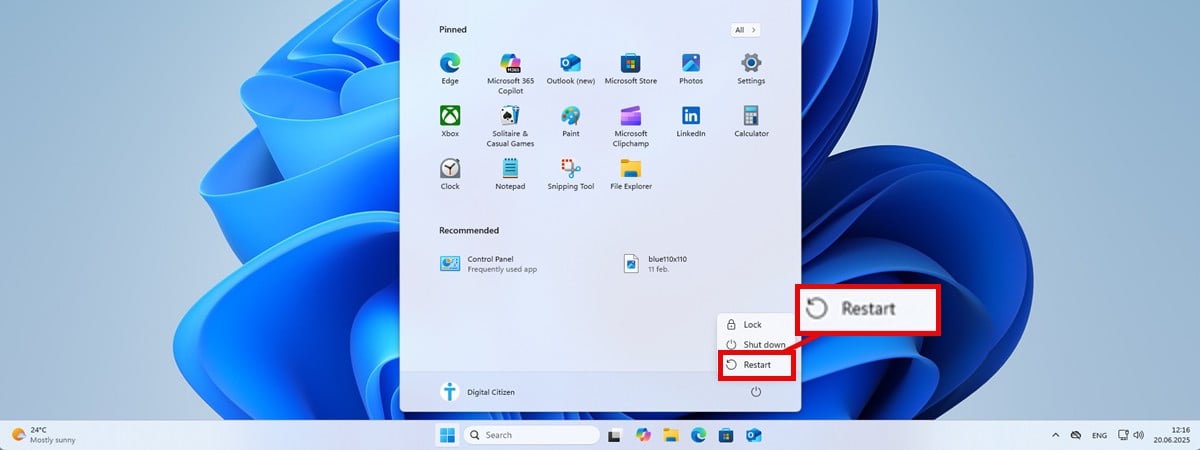My phone addiction kept me awake at night — these changes helped me fall asleep fast
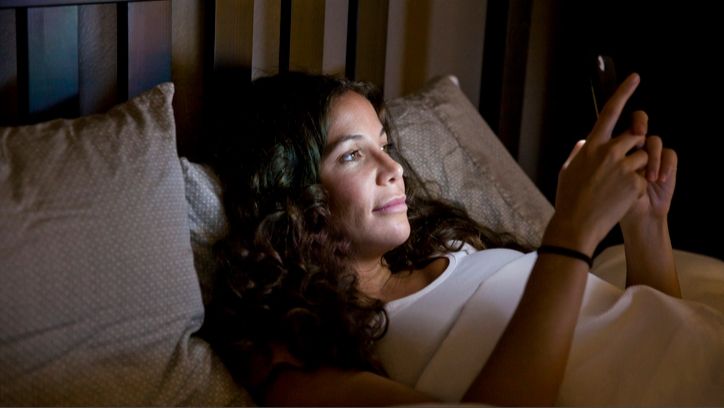
As a self-confessed phone addict, I know how easy it is to fall into mindless scrolling in bed. I’m well aware that using my phone before and after sleep does me no favors, yet I still catch myself turning a quick check of messages into a 30-minute-plus doom scroll.
I sleep on one of the best mattresses for my sleep style and needs (the Eight Sleep Pod 4), I track my sleep metrics and drink a sleep-inducing tea as my bedtime tipple. But there was one thing still wreaking havoc on my sleep — my phone addiction.
That was until I decided to kick this habit, especially around bedtime and first thing in the morning, this year. From establishing a soothing bedtime routine to relying on sleep tech, here’s how I quit nighttime scrolling…
Why your phone addiction is bad news for your sleep
There are many problems associated with phone use around bedtime and first thing in the morning. Needless to say, staring at a glaring screen before bed is no way to induce sleep. This is because the blue light emitted from a phone screen throws off our natural hormone cycles. It suppresses the sleepy hormone melatonin and spikes the alertness hormone cortisol, which is no recipe for restful sleep.
Researchers from China’s Qingdao University suggest a phone addiction can reduce sleep quality, impair cognitive function and lead to loneliness. The mental health implications of what you’re are consuming while scrolling are concerning. Ending or starting your day reading a negative news cycle or comparing your life to those you see on social media can cause anxiety and stress, which are known for sabotaging sleep.
How I stopped scrolling before bed
1. Stretching before bed
If I wasn’t going to scroll before bed, what was I going to do? I needed something to distract me from picking up my phone. As a runner there’s one thing I could always do more of, and that’s stretching. Plus I had heard about the sleep benefits stretching before bed can bring, from releasing muscle tension to promoting relaxation. So, I put it to the test.
Much research points to the fact that scrolling social media is addictive because it actives the brain’s reward system, releasing dopamine. Hence why we can get caught in a doom scroll at the end of the day. It might make us feel good for a moment, particularly when we see someone has liked our post, but this uplifting feeling is transient and there’s no real benefit from it.
Replacing the source of that dopamine release with something like stretching is far more beneficial, especially when you consider the physical benefits that come with this activity, too.
Since I’ve introduced 10 minutes of stretching to my nighttime routine, rather than an extra 10 minutes scrolling, I’ve certainly felt calmer getting into bed, and my tired muscles have thanked me for it too.
2. Prioritized reading
Following my stretch routine, I’ve been disciplined about reading once I get into bed. Again, this has helped distract me from picking up my phone. I found myself stuck in a reading rut towards the end of last year, which reinforced the importance of finding books you enjoy.
I’m not here to give reading recommendations, but I’ve been reading The Housemaid trilogy by Freida McFadden the past month, and fully credit these books for getting me out my rut and turning around my nighttime routine. I look forward to picking them up rather than my phone at the end of the day. Reading has also been proven to improve sleep quality and relax the mind, making falling asleep easier.
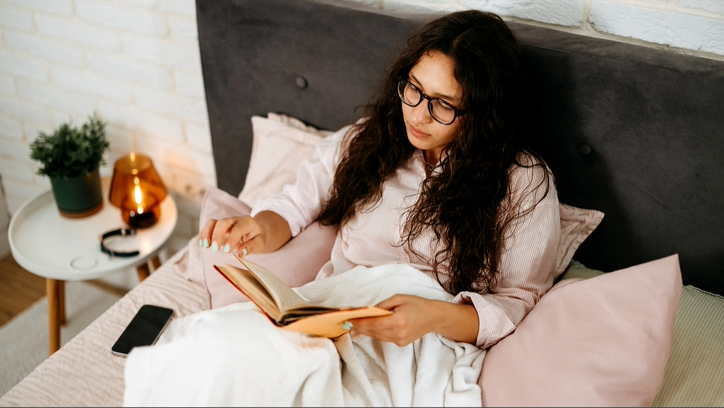
Where scrolling on social media, peeking into the lives of picture-perfect influencers, would leave me with social envy, reading fiction helps distract my mind from any daily stresses and induces relaxation before I sleep.
3. Jumped on the sunrise alarm clock trend
Sunrise alarm clocks are the trendy new sleep gadget doing the rounds on social media, and there’s good reason for it. I’ve been testing a handful of sunrise alarm clocks for our best sunrise alarm clock guide and can honestly say they have benefitted not only my morning routine, but also my nighttime one.
The Hatch Restore 2 is my favorite thanks to its calming soundscapes and a sundown feature. I start the sunset simulation while reading and by the time the warm light dims over 30 minutes I am ready to fall more or less straight to sleep.
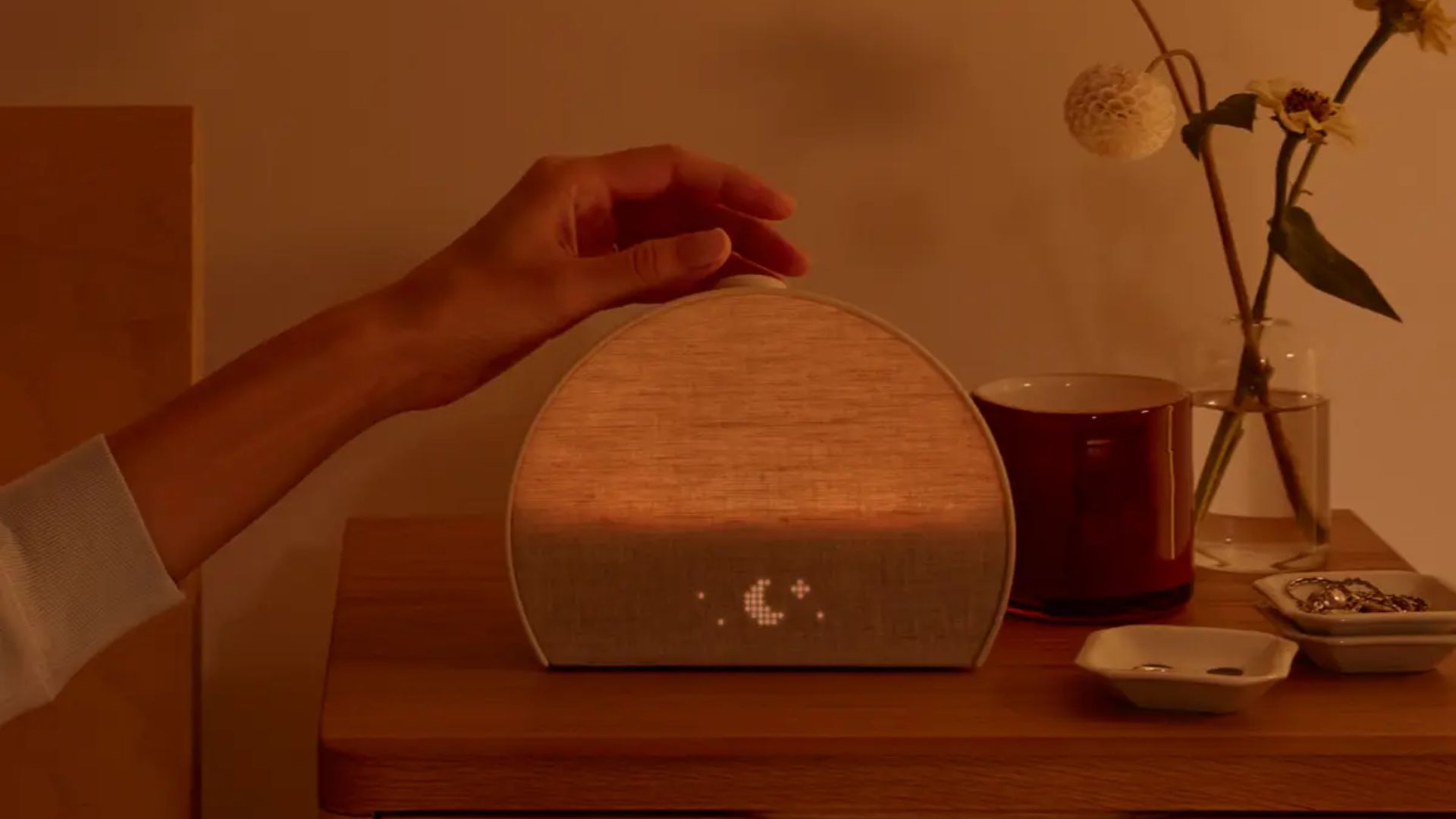
3 ways my sleep has changed since I’ve stopped bedtime scrolling
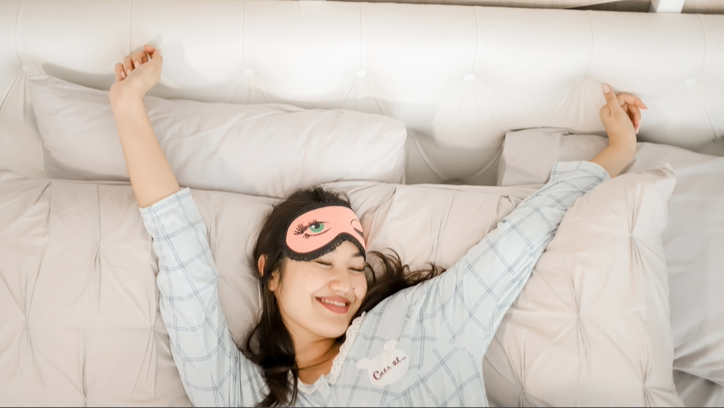
1. My sleep schedule is more regulated
Incorporating calming activities into and establishing a nighttime routine has helped me wind down at the end of the day, doing wonders for my circadian rhythm regulation and overall sleep quality.
It’s easy to feel guilty about wasting time scrolling, which can lower your mood around bedtime and first thing in the morning. Resisting the urge to scroll has helped me feel more content and accomplished at the end of the day and this calm mindset has helped me fall asleep faster and wake up in a better mood, making it easier to get out of bed.
2. I toss and turn less
I don’t like to admit it, but I often found myself scrolling in the middle of the night if I woke up (which experts say is perfectly normal to do, by the way) and couldn’t get back to sleep straight away.
A couple of minutes into a scroll, I’d feel wide awake and this would lead to time wasted tossing and turning while I tried to fall back asleep. So midnight scrolling, alongside bedtime scrolling, was also a habit to kick. Now I resist the urge to pick up my phone, even to check the time, and am falling back asleep faster without wasting quality sleep time.
3. I wake up more refreshed
Likely down to getting better quality sleep thanks to the combination of factors above, I’ve been waking up feeling more energized and ready to get on with the day. Plus I’ve felt less tired throughout the day.
I haven’t gone as far as leaving my phone in another room yet. But that’s the next step for me. Morning are usually when, like many people, I am most pressed for time. I’m hoping leaving my phone away from my bed will help me get up and start my day without wasting precious time checking notifications or messages (which can usually wait until later in the day).
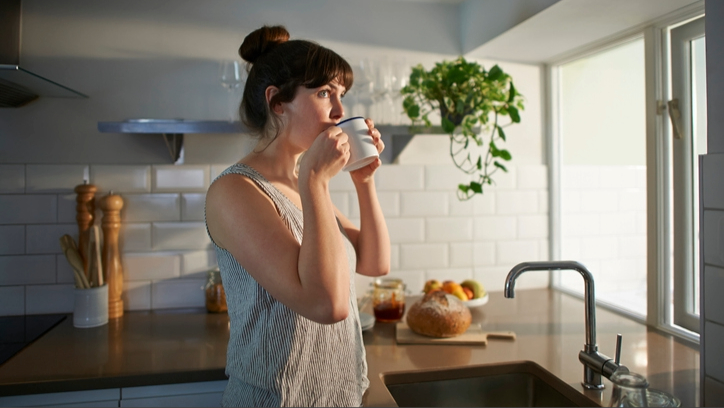
What’s the problem with using your phone in bed?
Scientific alarm bells ring around using your phone in bed. While traditional advice says you should cut off screen time 30 minutes to an hour before sleep, new research suggests using your phone while in bed is the main problem as it eats into time that you planned to be sleeping.
As per a 2024 study by experts at the University of Otago, titled ‘Keep devices out of bed for better sleep‘, using devices in bed significantly hinders the quality and duration of your slumber. The researchers found 99% of the 85 study participants used screens in the two hours before bed, more than half used screens once in bed, and a third used them after first trying to go to sleep for the night.
The study’s lead author, Dr Bradley Brosnan of the Edgar Diabetes and Obesity Research Centre, says: “Our most interesting findings were that this screen time before they got into bed had little impact on sleep that night. However, screen time once in bed did impair their sleep – it stopped them from going to sleep for about half an hour, and reduced the amount of sleep they got that night.” He adds: “Every additional 10 minutes of [interactive] screen time reduced the amount of sleep they got that night by almost the same amount.”
Source link






